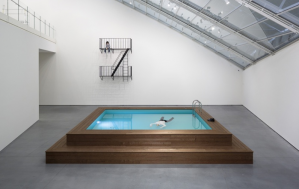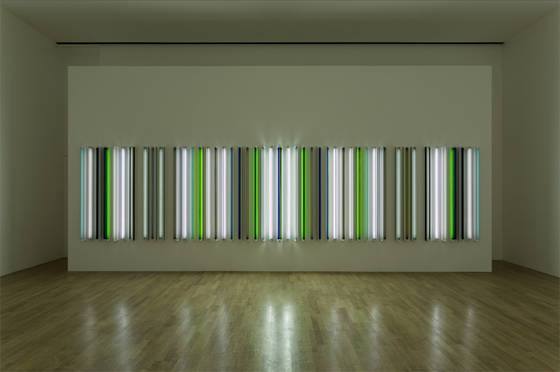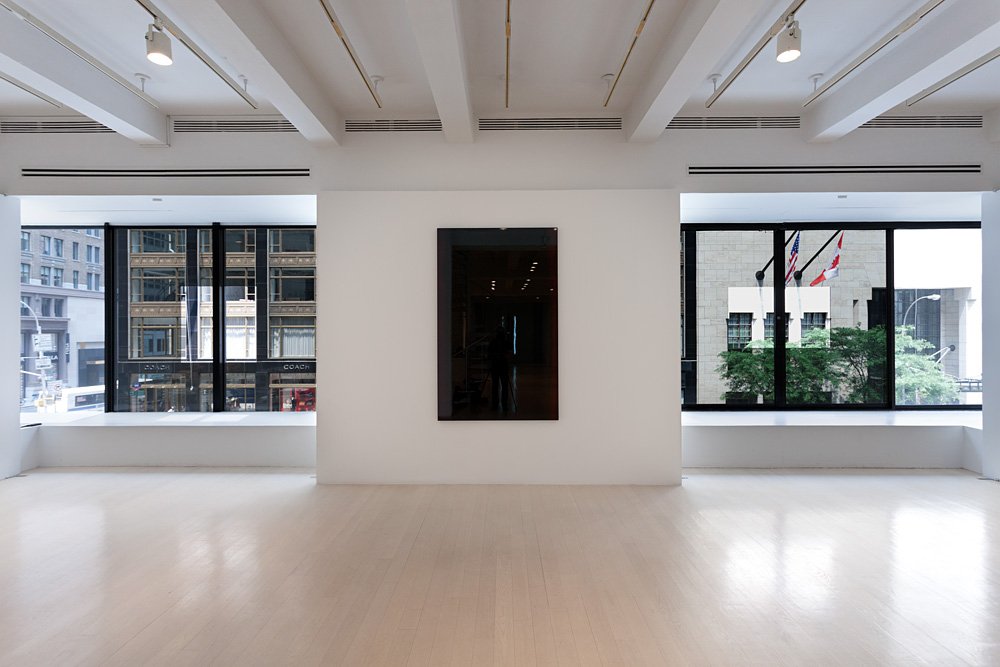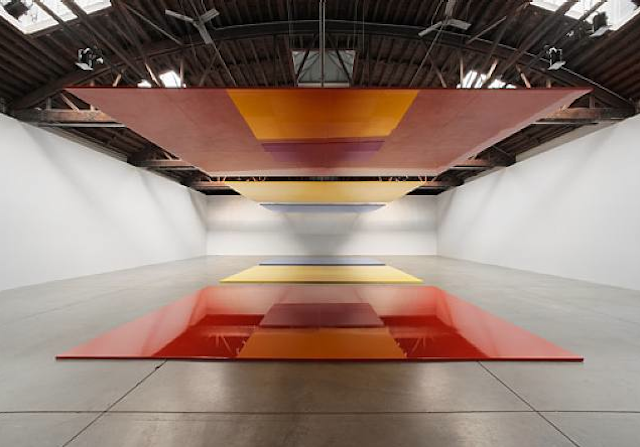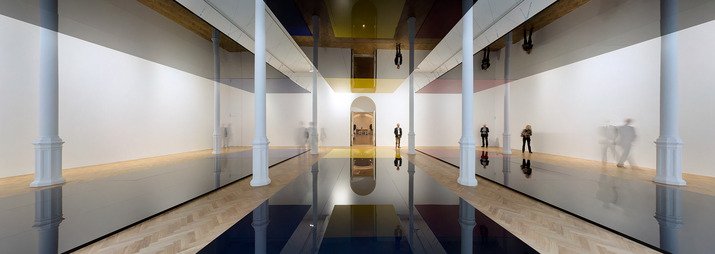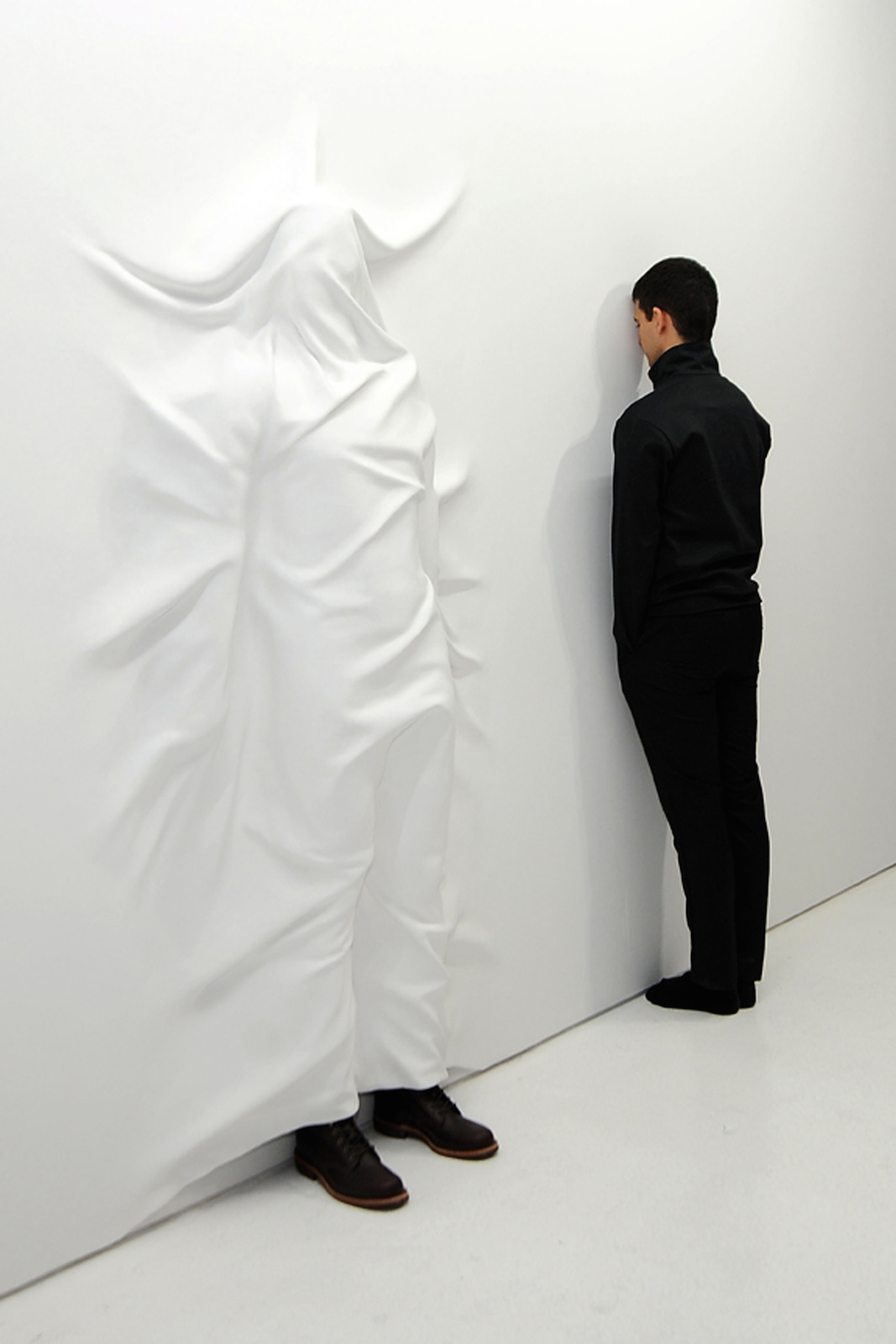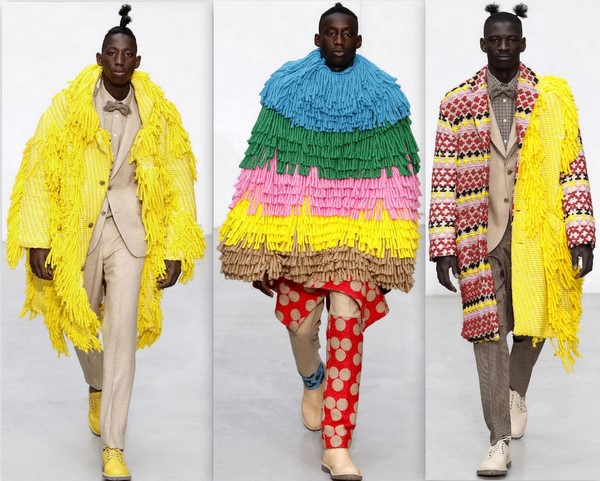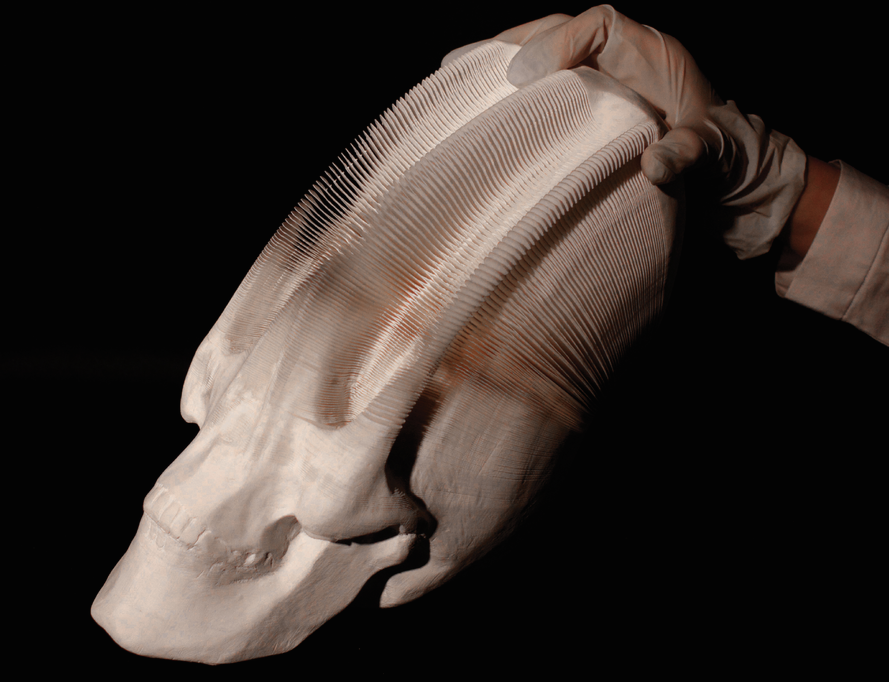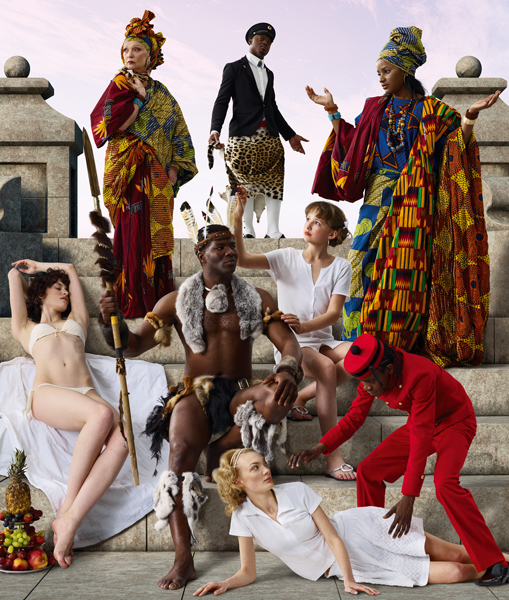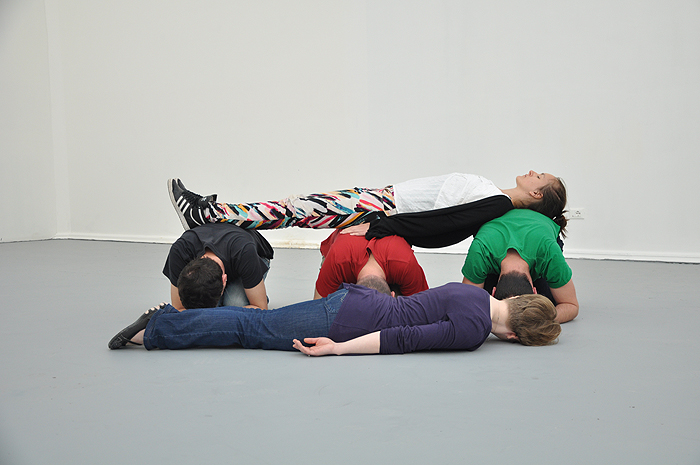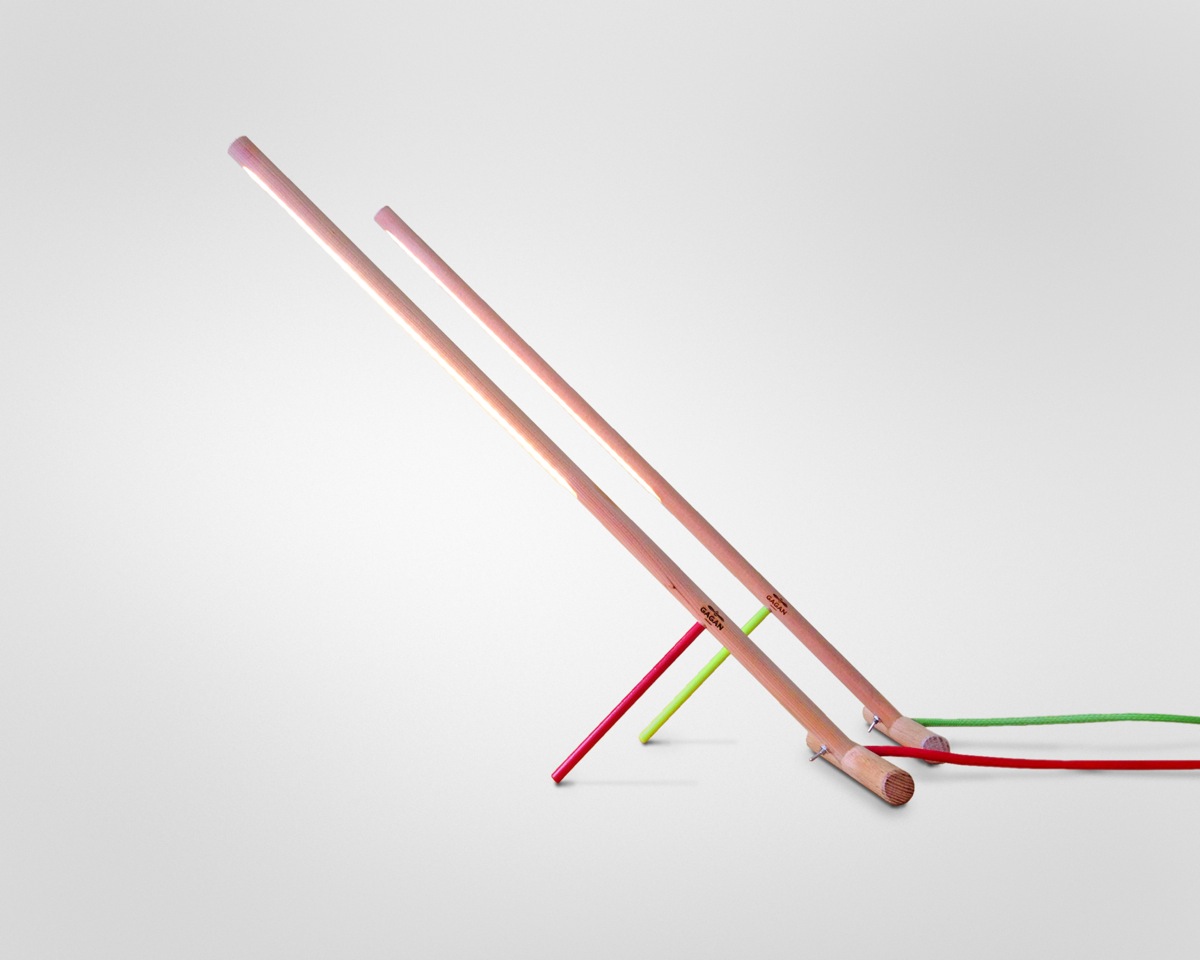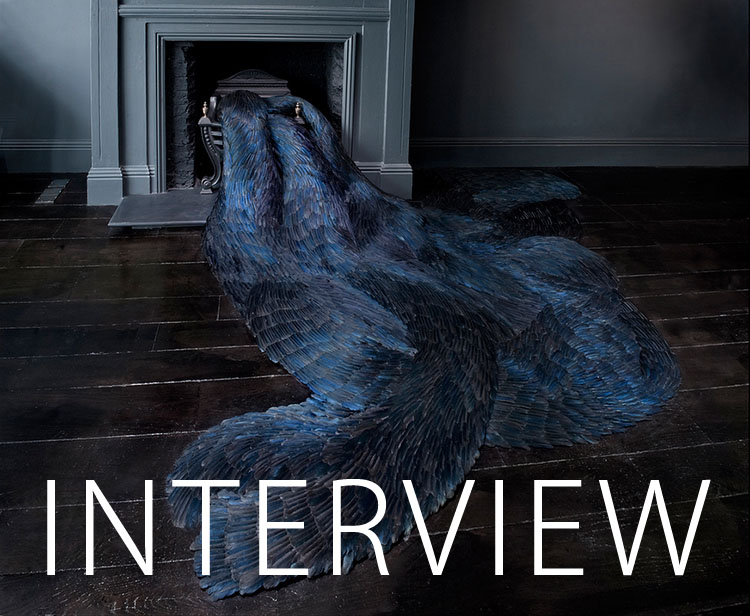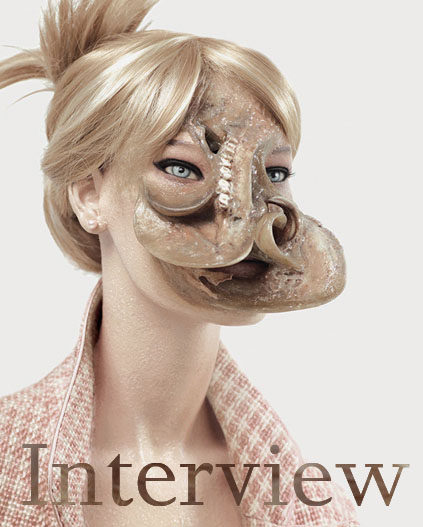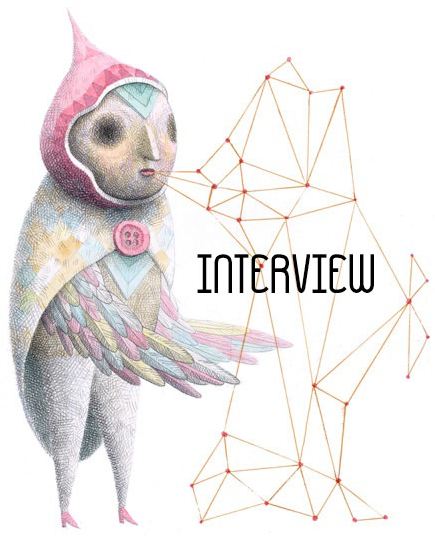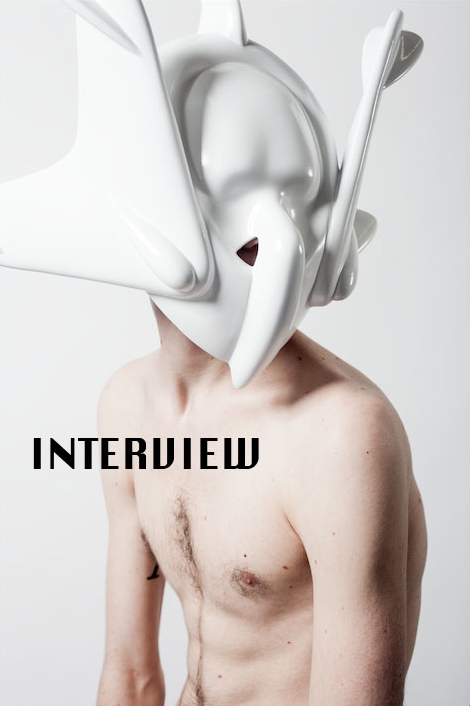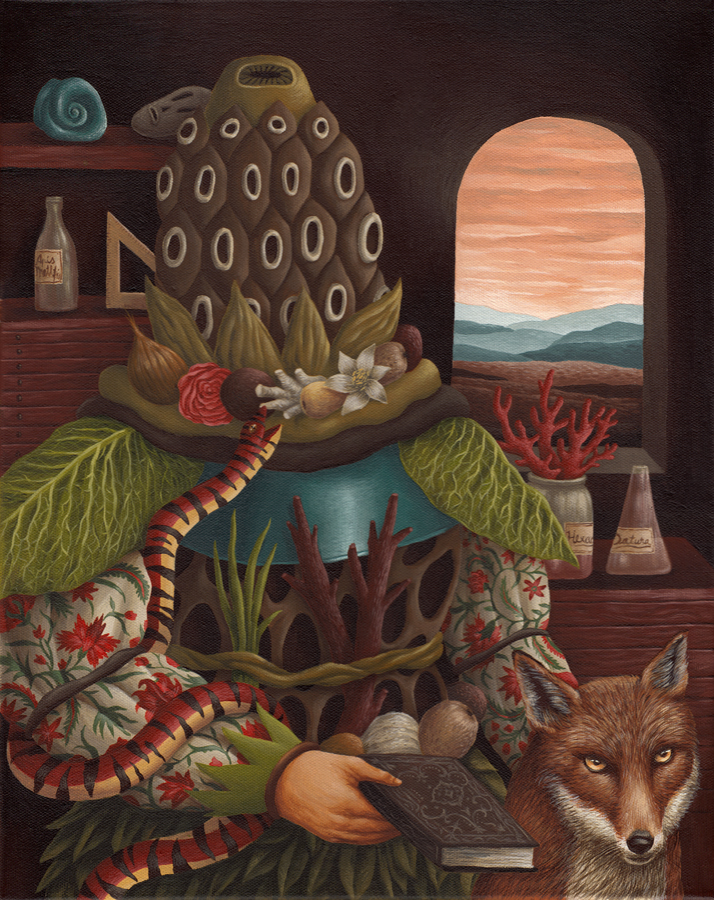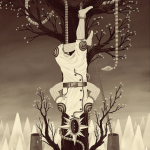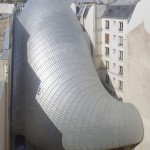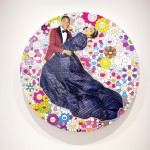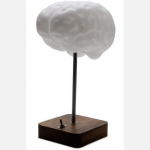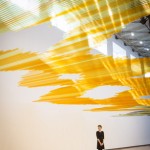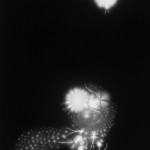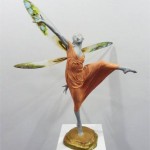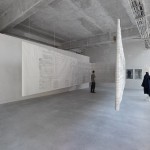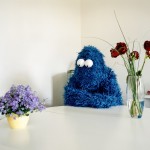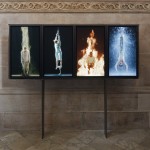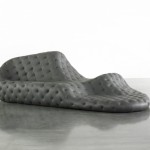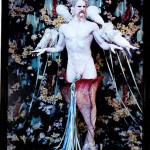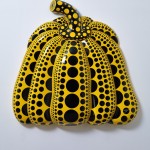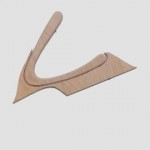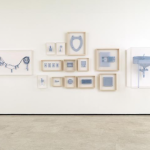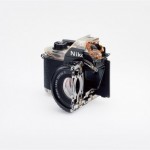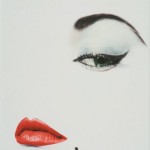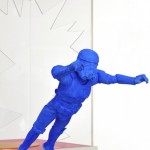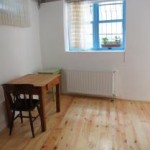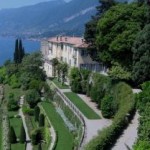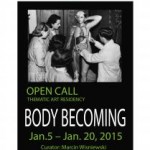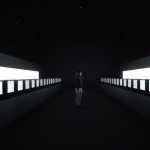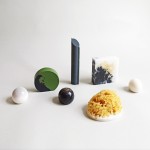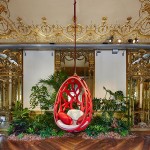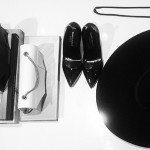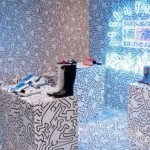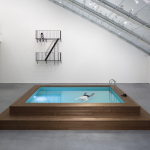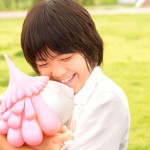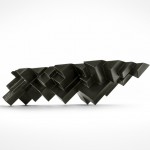INHALE is a cultural platform where artists are presented, where great projects are given credit and readers find inspiration. Think about Inhale as if it were a map: we can help you discover which are the must-see events all over the world, what is happening now in the artistic and cultural world as well as guide you through the latest designers’ products. Inhale interconnects domains that you are interested in, so that you will know all the events, places, galleries, studios that are a must-see. We have a 360 degree overview on art and culture and a passion to share.

In the early 1960s, while much of America and Europe was fascinated with the new wave of Pop Artists, Southern California quietly gave rise to a very different aesthetic revolution known as the Light and Space movement. Spearheading this movement, Robert Irwin began to take ideas from philosophical inquiries into the nature of human experience and radical advances in perceptual psychology and combine them with the immersive abstraction that had been pioneered by artists such as Jackson Pollock, Mark Rothko, and Barnett Newman. The result was an original approach to art that replaced the object with a phenomenon. Finding traditional painting and sculpture too restrictive and self-contained, Irwin was the first to make objects and installations that were purely designed to manipulate the light in front of or around the viewer.
The exhibition features two new site-specific installations displayed on the gallery’s ground and first floors.
Who’s Afraid of Red, Yellow & Blue³ III, occupies the entire space of the ground floor of the gallery and features three aluminium black and coloured panels suspended from the ceiling that mirror three identical panels hovering over the floor, suspending the viewer in a real time-space experience.
This installation is a reiteration of the ideas explored by Who’s Afraid of Red, Yellow and Blue³ presented at Primaries and Secondaries, a major retrospective exhibition at the Museum of Contemporary Art, San Diego (2007–2008). Who’s Afraid of Red, Yellow & Blue³ III expands upon a dialogue with perception that has pervaded Irwin’s practice for nearly half a century and continues references to the mid-century abstraction of the painted canvases of Josef Albers and Barnet Newman. The effort to focus these investigations from the two-dimensional canvas into our three-dimensional space is evident in this work and ultimately presents 4-dimensional space-time as the viewer enters the installation and experiences it through time.
Piccadilly, installed on the first floor of the gallery, experiments with the perceptual qualities of light, playing with rhythm, texture, densities, temperature, and chromatic relationships. The piece is made of forty-seven green and white fluorescent tubes mounted in vertical groupings on the wall and is an obvious reference to London’s illuminated road junction at Piccadilly Circus. Different to some of his other works that use fluorescent lights and feature changes of colour and rhythm, the light source of these sculptures will keep the same state for the duration of the exhibition.
As usual in Irwin’s oeuvre, the works respond to the specific circumstances and conditions of each project site that the artist takes on, transforming art into a “conditional activity” that “exists in the real world”. “Art has always been a focusing device—the frame is a focusing device. What I’m trying to do,” Irwin once explained, “is eliminate the frame, eliminate all those distractions, and put you in direct relationship to the real experience and the real power, which is your ability to perceive.”
via pacegallery.com


